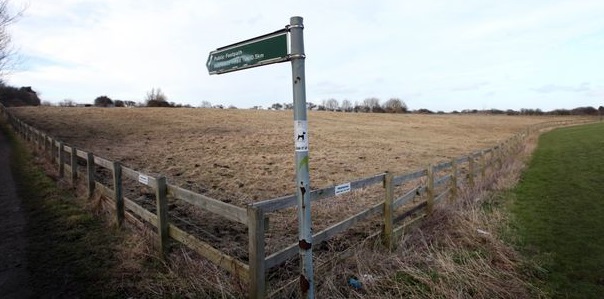
The National Rural Crime Network’s survey of over 17,000 people living and working in rural areas throughout England and Wales suggests the true cost of crime in rural areas could exceed £800m. This figure is 21 times higher than previous figures, dwarfing earlier estimates.
The survey also indicates that farmers and hard-pressed young families are the most frequent victims of crime, with the average cost of those crimes to a household being over £2,500 and for a business over £4,000.
Moreover, there appears to be a vicious circle of low expectations, leading to chronic under-reporting, anger, frustration and worry. The result is increasing fear of crime and significantly lower satisfaction levels in the police than the national average.
As a consequence of these findings, the NRCN is making seven recommendations including fair funding for rural areas; more joined up working with partners and communities, building on rural resilience; embedding best practice; developing new policies and ways of working; and ensuring a more targeted approach within rural communities.
The key survey results were:
• Financial impact of crime on rural economy is significant – the cost of crime to rural communities is estimated to be £800 million1 equivalent to £200 for every household in the countryside. The average cost to rural households who are victims of crime is £2500 and £4100 for rural businesses.
• Fear of crime is increasing - 39% of rural people are very or fairly worried about becoming a victim of crime, compared to 19% nationally. Even more worryingly, 32% of respondents are more fearful of becoming victims of crime than five years ago, compared to only 3% who are less fearful. Rural businesses are the most fearful of becoming victims of crime, with 51% very or fairly fearful, closely followed by younger families.
• Low satisfaction rates of police performance in rural areas – just 39% of rural people rate the police as good (32.4%) or excellent (6.3%). Among rural businesses this figure was just 32%. Those figures compare to 63% nationally who think the police is doing a good job (53% good and 10% excellent), showing rural communities have a significantly lower satisfaction rate than their urban counterparts.
(The survey showed satisfaction levels drop to just 23% when it comes to the rural public’s perceptions of the police’s ability to solve crime.)
• Crime is under reported in rural areas – more than one in four (27%) did not report the last crime of which they were a victim. This means Home Office figures of 294,000 rural crimes between April 2014 and May 2015 could be incorrect and the actual number of crimes could be as high as 403,000.
• Rural communities are resilient – community spirit is clear to see in our rural communities. The vast majority feel they very or fairly strongly belong in their community, with 27% feeling that sense of belonging has increased in the last five years. 25% of people also felt that their community pulled together to improve their neighbourhood
• Lessons for local authorities and other partners – two issues of greatest concern to the rural community were road safety (63%) - which the police play a crucial part in, but which they cannot resolve without working with partners - and fly-tipping, which is now a civil offence (61%).
Julia Mulligan, chair of the NRCN and Police and Crime Commissioner for North Yorkshire, said: “Our report comes at a critical time when the structure and funding for policing are being fundamentally reassessed. Some of the findings in this report make uncomfortable reading but it is vitally important for the reality of rural crime to be fully acknowledged and acted upon. Its actual scale is clearly much greater than we had previously known; £800m is a big number. The low satisfaction rates also need to be a wake-up call for police forces in rural areas and everything should be done to harness the opportunities presented. Good, accessible local policing is central to this and I believe police forces which significantly shrink their local teams in rural areas do so at their peril.”
The results will be being presented at and discussed with the All Party Parliamentary Group on Rural Services, on Tuesday 15th September 2015 at 12.00pm. The APPG will be held in Committee Room 20 in the Houses of Parliament (but this is subject to change depending on the business of the House).
